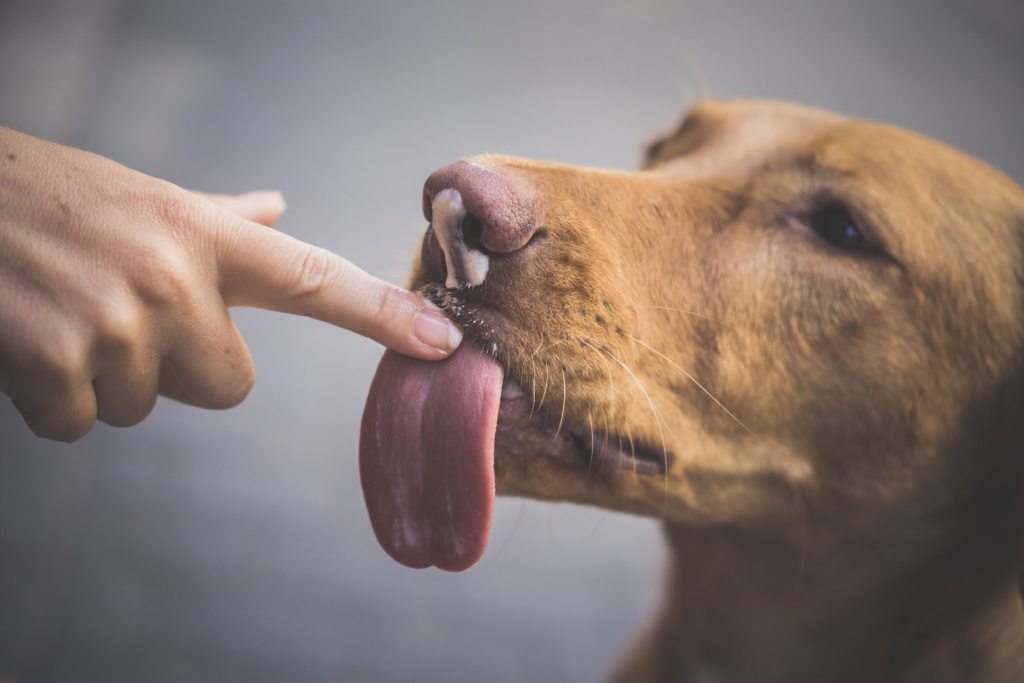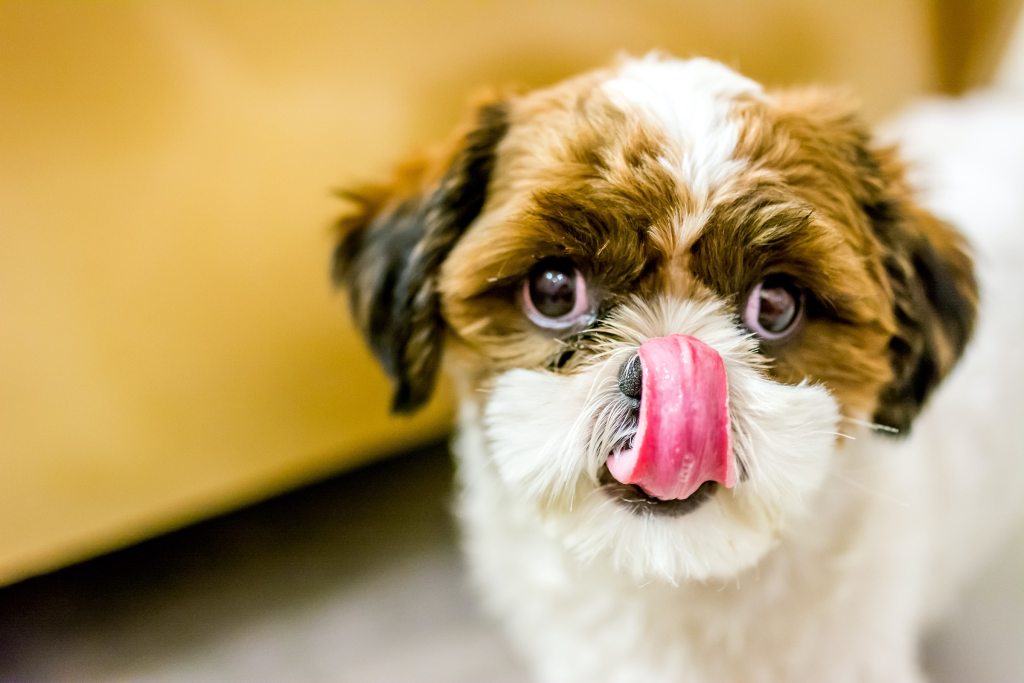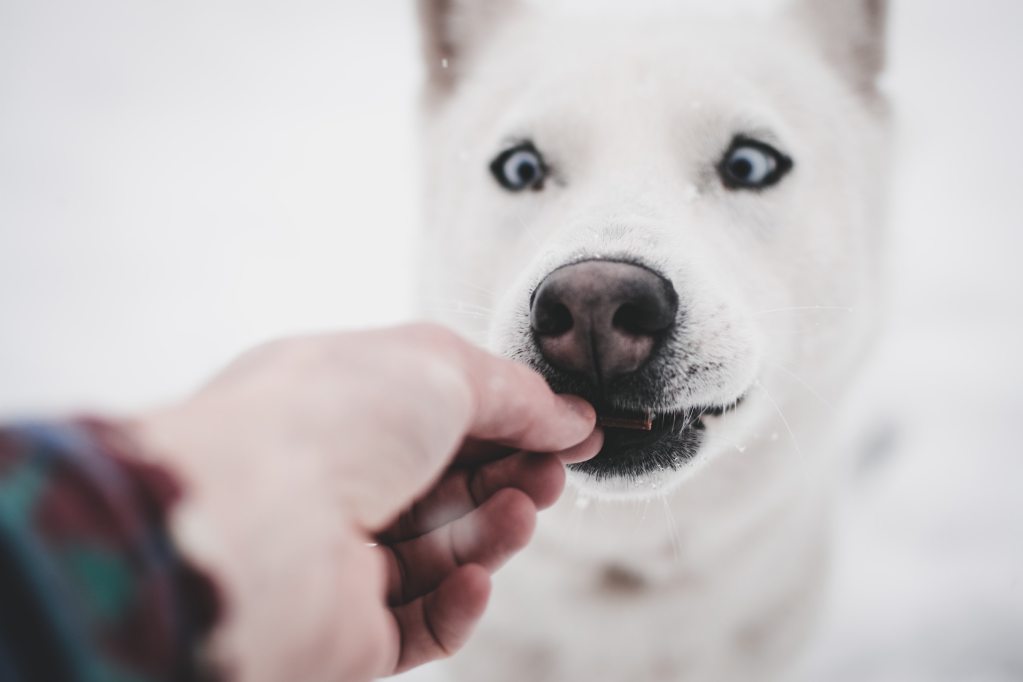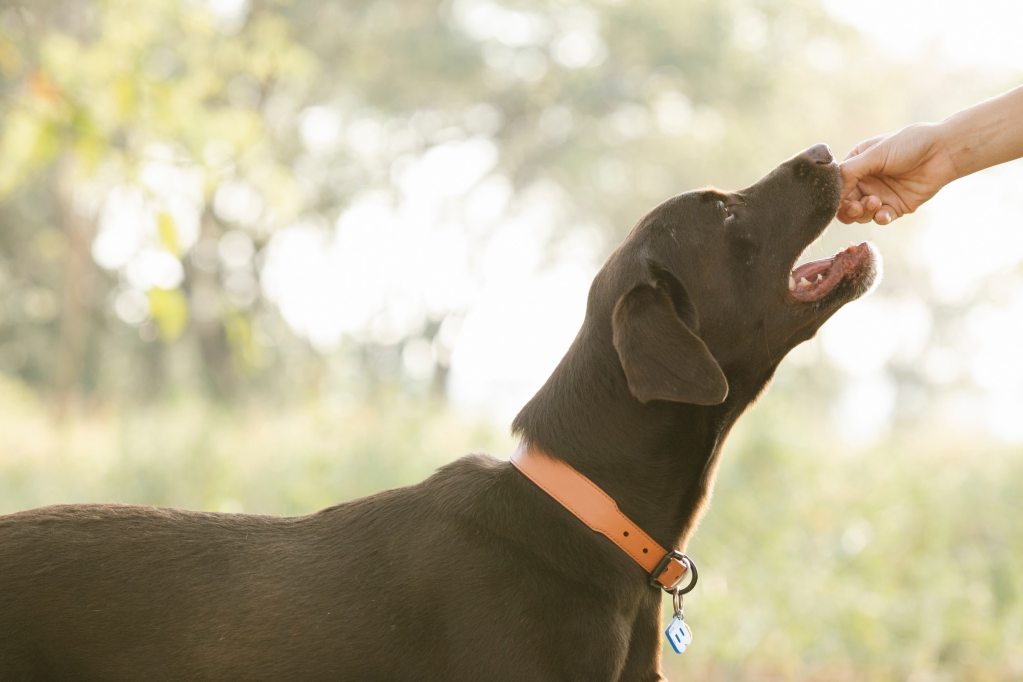Even though a lot of people have a love-hate relationship with vegetables, there are undeniable benefits to eating these superfoods. Would you be surprised if we told you that the same goes for dogs? It’s true! Vegetables contain many nutritious vitamins and minerals to keep your pup energized and healthy — but can dogs eat broccoli?
- Can dogs eat broccoli? Here are the basics about this healthy snack for canines
- How much broccoli can dogs eat? It depends on your dog’s size, but moderation is key, after all
- What part of broccoli can dogs eat? Can dogs eat broccoli stems?
- Can dogs eat raw broccoli? Can dogs eat cooked broccoli? How to prepare this veggie for dogs
This cruciferous veggie is versatile and easy to prepare, but there’s a lot you need to know before feeding it to your pup as a snack or in homemade dog food. Here are the facts about broccoli for dogs.

Can dogs eat broccoli? Here are the basics about this healthy snack for canines
Good news! According to multiple canine nutrition experts, including those at Purina and Hill’s Pet Nutrition, your furry friend can enjoy broccoli in moderation. In fact, it may even have some health benefits for your pup. Not only is broccoli a great source of fiber — which aids in digestion and overall gut health — but it’s a vitamin-packed snack, too (via Hill’s Pet Nutrition). These vitamins include:
- A
- B
- C
- D
- E
- K
Hill’s Pet Nutrition also notes that this veggie contains lutein, “a nutrient that supports eye and heart health.” Just think of the benefits! The antioxidants in broccoli can also help fight inflammation, though every dog will absorb and react to the nutrients in their own way. Just like people — no two canine bodies are the same.
Here’s the catch: You might have a gassy pooch on your hands if they eat too much broccoli. Though fiber can help with digestion, the American Kennel Club (AKC) explains that it can also get things moving a little too well. Broccoli also contains isothiocyanate, according to Purina, which can cause digestive issues if ingested in large quantities. To avoid these unwanted consequences, make sure to feed this veggie in moderation. But how much broccoli can a dog eat?

How much broccoli can dogs eat? It depends on your dog’s size, but moderation is key, after all
The folks at Purina who recommend feeding broccoli to your dog as a treat suggest that these treats not exceed over 10% of your dog’s daily diet. Yes — even if it’s a healthy vegetable. Your pooch can have too much of a good thing, so feeding broccoli in moderation will help them avoid digestive upset and excessive gas.
However, the nutritionists at The World Small Animal Veterinary Association also note that broccoli itself shouldn’t exceed 10% of your pup’s daily diet — whether it’s served as a treat or as a meal addition. If your dog seems to have a sensitive stomach when it comes to this veggie, though, there’s no harm in skipping or substituting it.
AKC Chief Veterinary Officer Dr. Jerry Klein, DVM agrees. He explains to the American Kennel Club, “Broccoli is considered safe in dogs if the total amount ingested is less than 10 percent of their daily intake; more than 25 percent is considered toxic.”

What part of broccoli can dogs eat? Can dogs eat broccoli stems?
Even though you’ll want to feed this vegetable to your dog in moderation, you don’t have to be picky about which part of the plant to feed them. In fact, the animal experts at Petco let readers know that the broccoli stems contain even more fiber than the florets (the “leafy” part of the broccoli tree). Because of this high-fiber content, though, you’ll want to cook this part of the veggie to make it easier to digest.
Guess what? Your dog can eat broccoli sprouts, too. That’s right; Petco explains that these sprouts contain even more antioxidants than full-grown broccoli. Another plus is that your pup will need a much smaller amount to reap the benefits! Just a few will do.

Can dogs eat raw broccoli? Can dogs eat cooked broccoli? How to prepare this veggie for dogs
Though your furry friend can safely enjoy broccoli raw, steamed, or boiled, Hill’s Pet Nutrition encourages pet parents to take extra precautions when serving it raw. Be sure to wash this veggie thoroughly before serving it to your pup, just like you would do to keep yourself healthy. Washing or cooking significantly decreases the risk of salmonella infection, so don’t skip this step.
The pros at Petco explain that cooked broccoli may actually be healthier for your dog. “ It is easier to digest,” they wrote, “and the cooking process can bring out nutrients and make them more bioavailable — or able to be absorbed by the bloodstream.” It might be worth taking an extra few minutes to cook this veggie. Petco also recommends cooking broccoli stalks before offering them to your pet, as cooking makes them softer and less of a choking hazard. Plus — cooking any vegetable can make it easier to digest.
For a quick and easy cooking method, Purina recommends steaming broccoli in water – -no seasonings, please. It sounds a bit bland, we know, but you’ll want to feed your pup this vegetable with no frills added in order to keep it safe and healthy.
Whether broccoli is a favorite food of yours or something you’d rather skip, you can let your dog decide their taste for themselves. The good news is that this cruciferous vegetable isn’t a must-have in a canine’s diet, so it’s OK if they don’t like it either. If they do prefer it, though, there are plenty of fast and easy ways to prepare broccoli for your dog. Now it’s time for a taste test!
Editors' Recommendations
- The Best Dry Dog Food of 2023 for a Balanced Diet
- Xylitol is dangerous for dogs: 10 surprising products that contain it as a hidden ingredient
- What is the best food for older dogs? These 6 vet-approved kibbles and canned foods won’t steer you wrong
- Is your dog’s breathing problems old age or something else? What to know
- Are Himalayan dog chews safe for your pet? Know this before you buy




